UN probe faults warring sides in South Sudan for starvation tactics
South Sudan’s government forces and other armed groups have deliberately starved civilians, UN investigators said Tuesday, adding there should be enough evidence to try Juba’s forces for "crimes against humanity."
In a fresh report, the UN Commission on Human Rights in South Sudan found that both South Sudan government forces and opposition fighters intentionally starved civilians during the country's civil war "as a method of warfare."
The report, covering the period from when war erupted in December 2013 until last April, faulted both sides for their brutal tactics in the civil war that left around 380,000 people dead.
"It is quite clear that both government and opposition forces have deliberately used the starvation of civilians as a method of warfare… sometimes as an instrument to punish non-aligning communities," commission chair Yasmin Sooka said in a statement.
War erupted in 2013 after a falling-out between President Salva Kiir and rebel leader Riek Machar.
They resisted multiple peace efforts until a peace deal was inked in September 2018, giving rise to a power-sharing government in Juba which took control in February 2020, formally ending the war.
Killings, rapes, destruction
The three-member UN team, which was first set up in 2016, said Tuesday it believed there was sufficient evidence to hold to account both government forces and members of Machar's opposition SPLA-IO for deliberately starving civilians.
It also said government forces appeared to have "systematically attacked, pillaged, destroyed, and rendered useless objects indispensable to the survival of the civilian population" in Western Bahr el Ghazal State, where killings, rapes, destruction, arson and looting was also rampant.
This had resulted in physical and food insecurity that left civilians no alternative but to flee, the report said, adding that these violations may amount to the crime against humanity of deportation or forcible transfer.
The report also suggested that individual government commanders could be held accountable under international law for "failing to prevent or punish the international crime of starvation of the civilian population as a method of warfare" in Jonglei State.
There should be sufficient evidence to hold opposition forces accountable over starvation tactics in Central Equatoria State, where they had arbitrarily denied humanitarian aid to populations in need, including "objects indispensable to their survival."
It meanwhile appears unlikely for now that perpetrators will be held to account in South Sudan.
(Source: AFP)
'Capitulation': Israeli officials and media concede Gaza defeat as truce unfolds
'Gaza has won': Social media users react to ceasefire with mix of relief, joy
Iran seeks South Korea’s assistance for AI, fiber-optic projects
VIDEO | Iran's 'Eqtedar' (Power) maneuver
Israel hits HTS military target in Syria for 1st time since fall of Assad
VIDEO | Press TV's news headlines
Israel has slaughtered 13,000 students in Gaza, West Bank
VIDEO | More Zionist than Zionists: Biden’s legacy to be defined by Gaza genocide


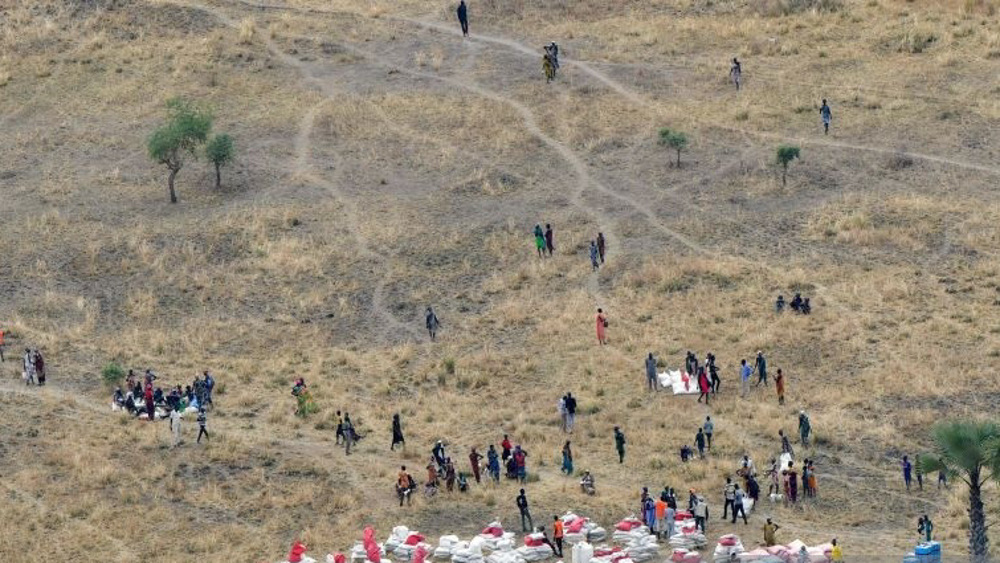

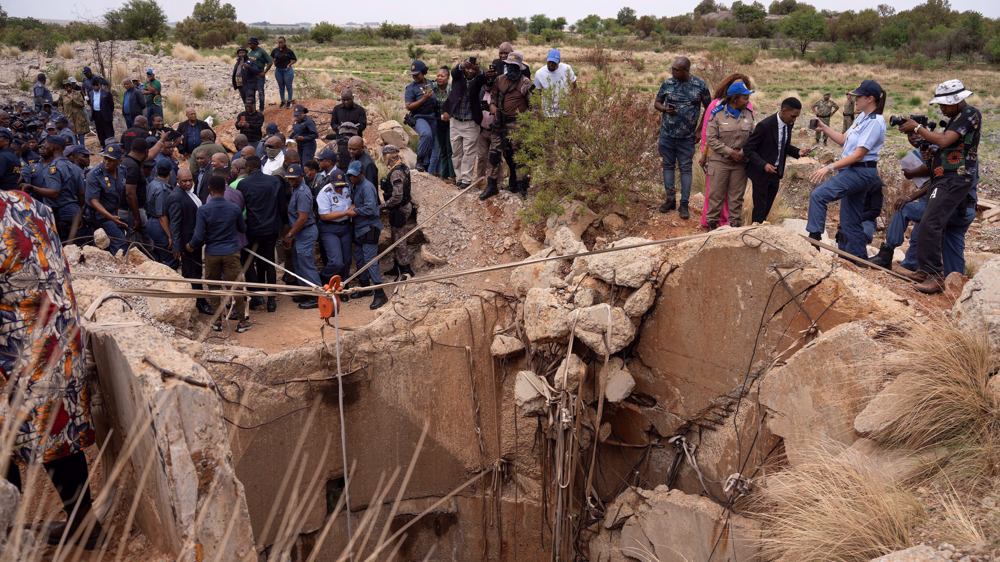
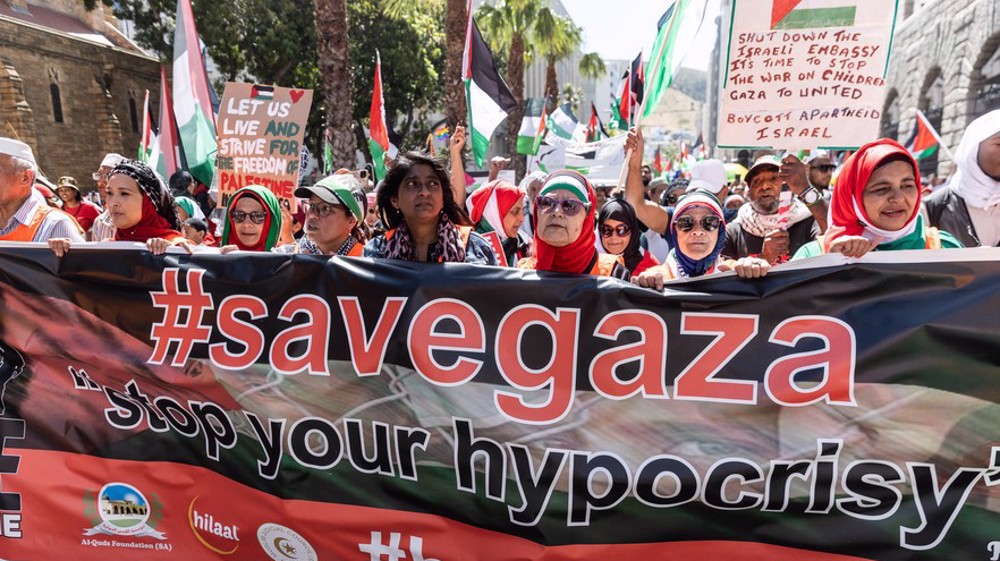
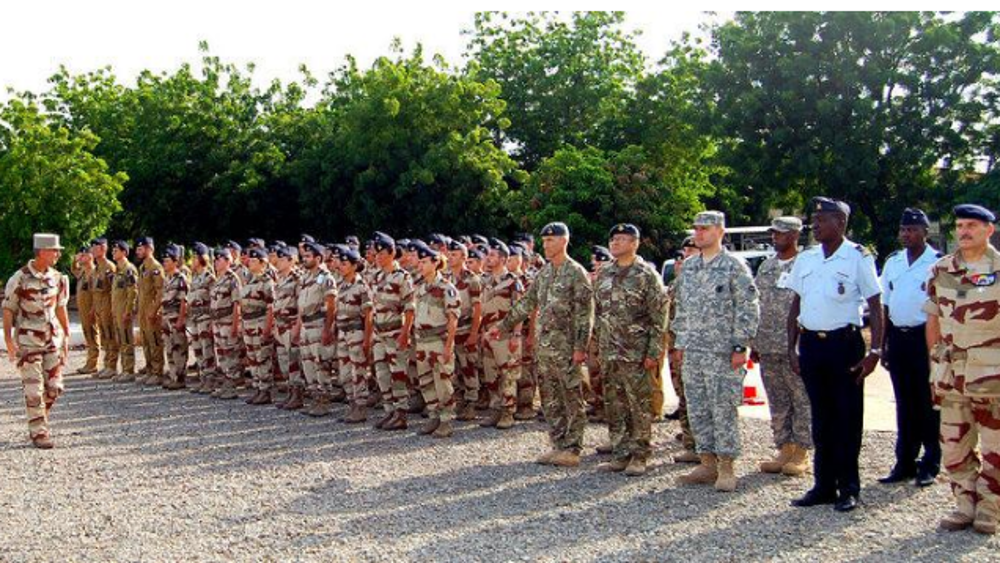



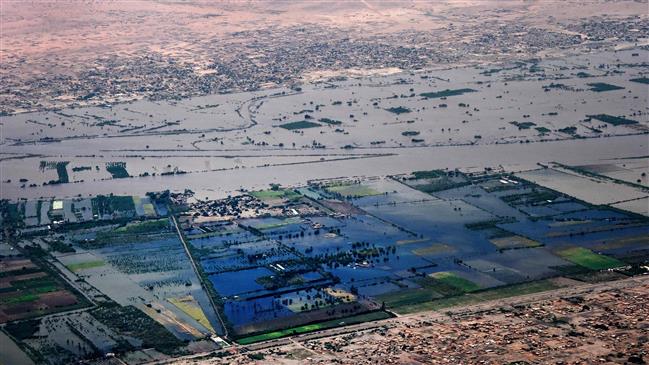
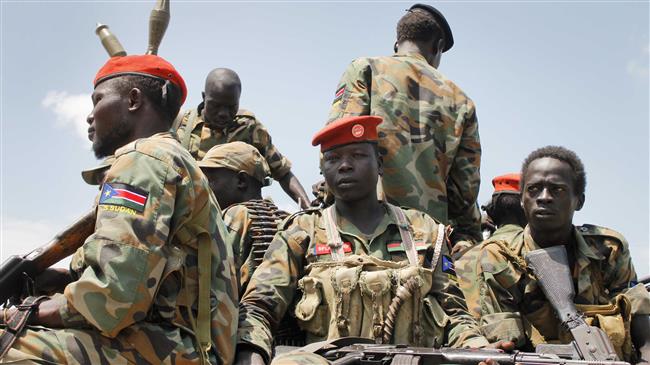

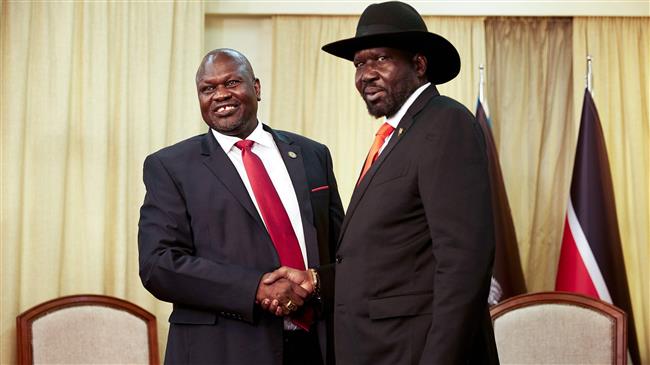


 This makes it easy to access the Press TV website
This makes it easy to access the Press TV website